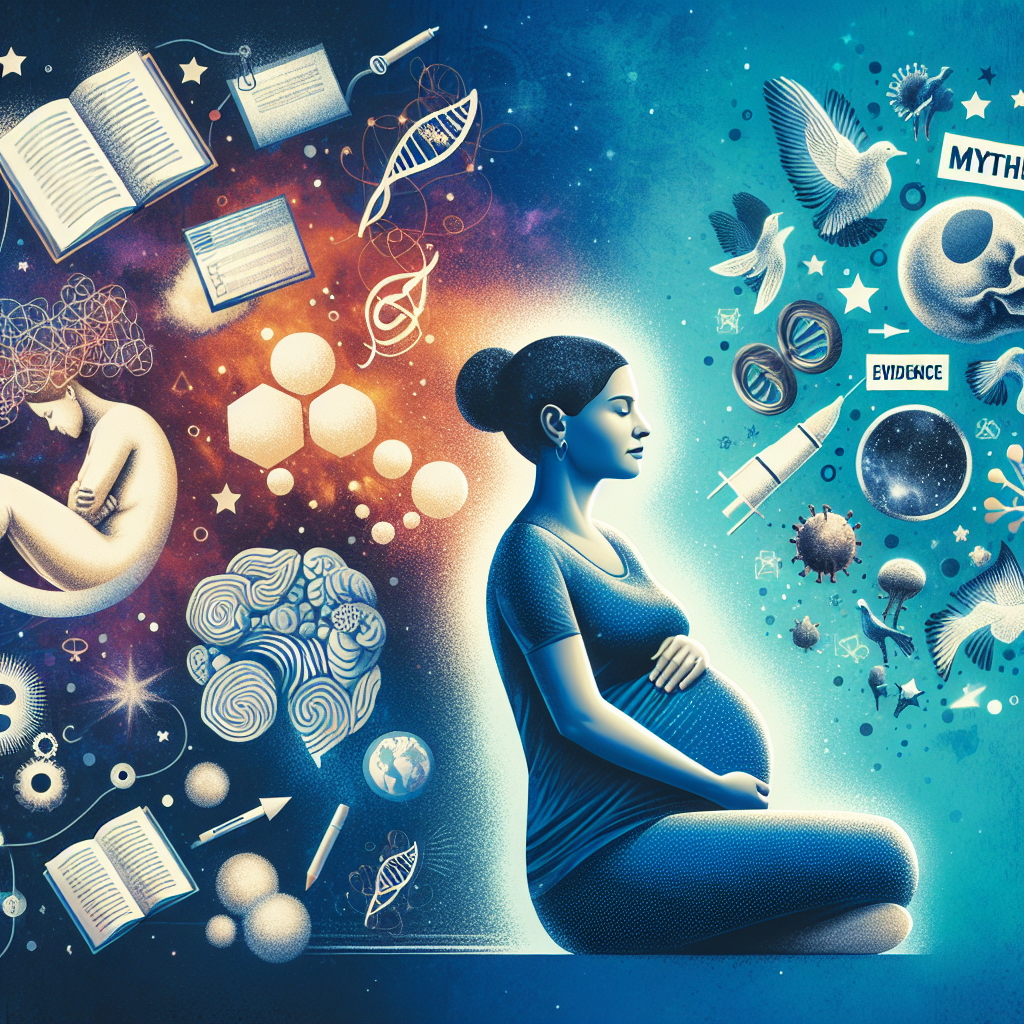Child Development: A Complete Guide to the Essential Stages
Every child is unique and develops at their own pace, but there are certain key stages that are common to all children's development. In this article, we will explore the essential stages of child development, from motor development to language development.
Motor Development
Motor development is a child's ability to control the body's muscular movements. It starts from the head and moves to the feet, and from large movements to fine ones. In the first months of life, babies learn to support their head, roll from back to stomach and vice versa, sit, crawl, stand, and eventually walk.
A baby's first steps are a major moment in their motor development, but you don't need to worry if your little one seems to be lagging behind other children. It is important to keep in mind that each child develops at his own pace. If you have concerns about your child's motor development, it is recommended that you speak with a pediatrician.
Language development
Language development is another crucial aspect, starting with the baby's cries and cooing and gradually progressing to the formation of words and complex sentences. Through communication, children learn to express their needs, feelings and interact with those around them.
Young children acquire language by receiving visual and auditory feedback from adults, so it is essential to talk to your child often and encourage him to respond, regardless of how intelligible the sounds he makes are. Books, songs and nursery rhymes are also valuable tools for language development.
Nutrition and Child Development
Nutrition plays an essential role in a child's healthy development. Foods rich in essential nutrients help support growth and development. Make sure your little one gets a variety of foods to provide them with all the nutrients they need.
Emotional and Social Development
Emotional development involves understanding and managing one's emotions, while social development refers to the ability to interact with others. Play and interaction with other children are essential, as are secure emotional bonds with caregivers.
Children learn about confidence and independence through the relationships they form and it is important that they feel safe and supported as they explore the world around them.
Education and External Influences
Education plays an important role in all stages of child development. You might think of education as something that begins with school, but learning begins at birth. Every interaction is an opportunity to learn, and play is one of the most powerful learning methods for children.
The environment, including air quality, noise and access to green spaces, can also influence child development.
Conclusion
Children go through many stages of development, from basic movements to complex communication skills. It is essential that we provide children with the support and resources they need to navigate these stages and develop into confident and capable individuals. Each stage comes with its own unique challenges, and as parents or caregivers, the most important thing we can do is be there for children—giving them the love, encouragement, and support they need to succeed.
We invite you to explore the sections of our store further for a diverse range of products to support you in this formidable journey of child development. Feel free to subscribe to our newsletter for more information and helpful tips!














































































































































